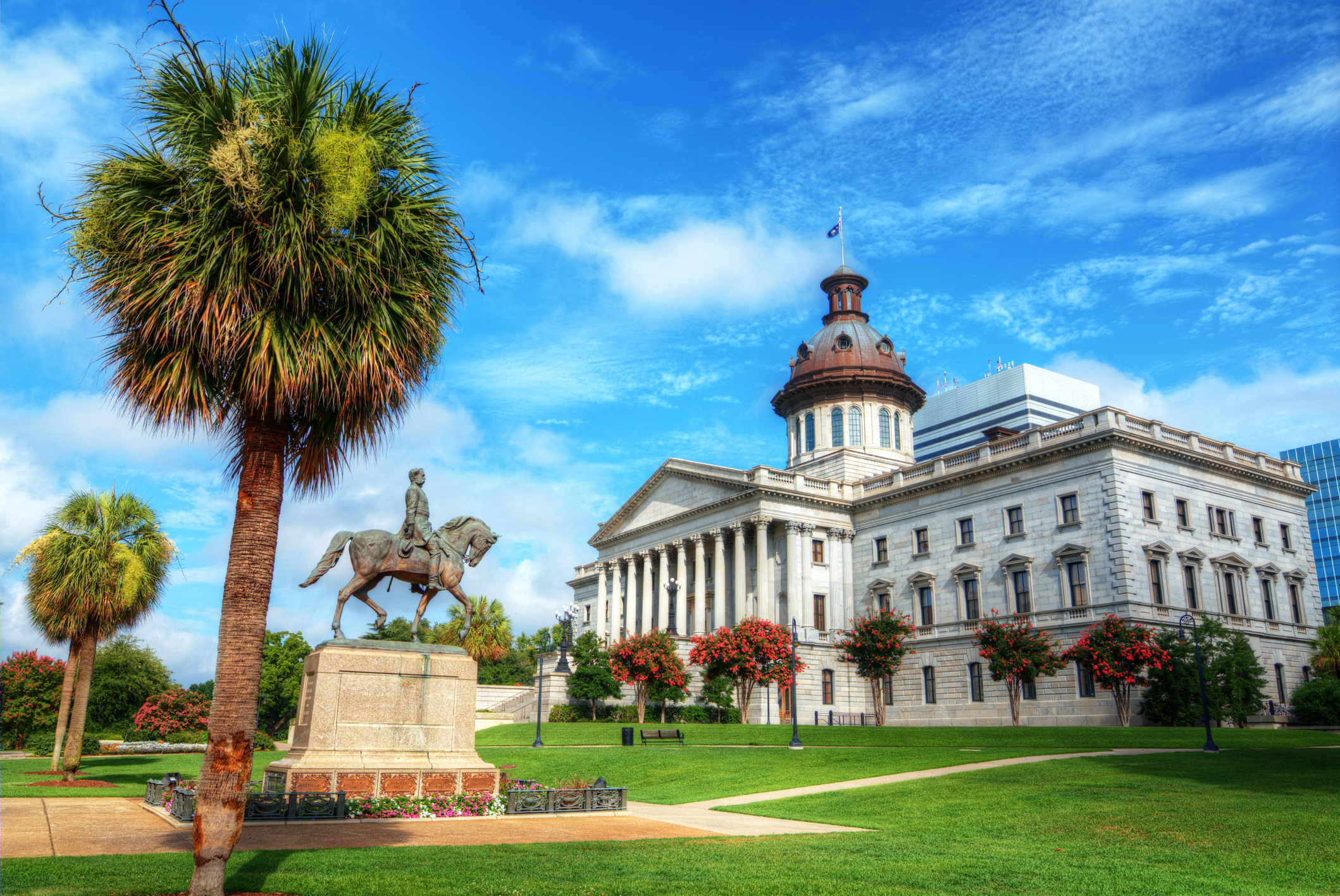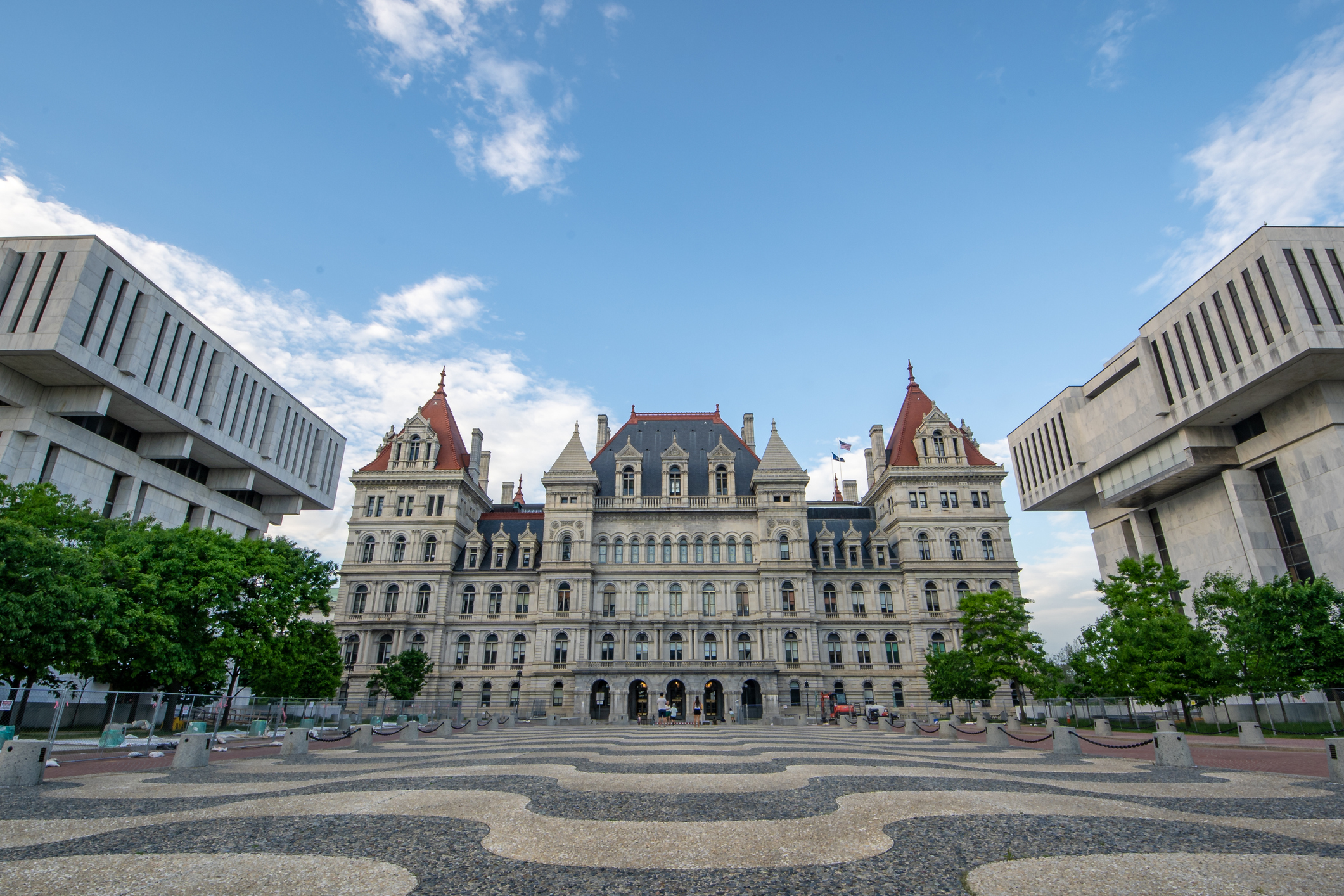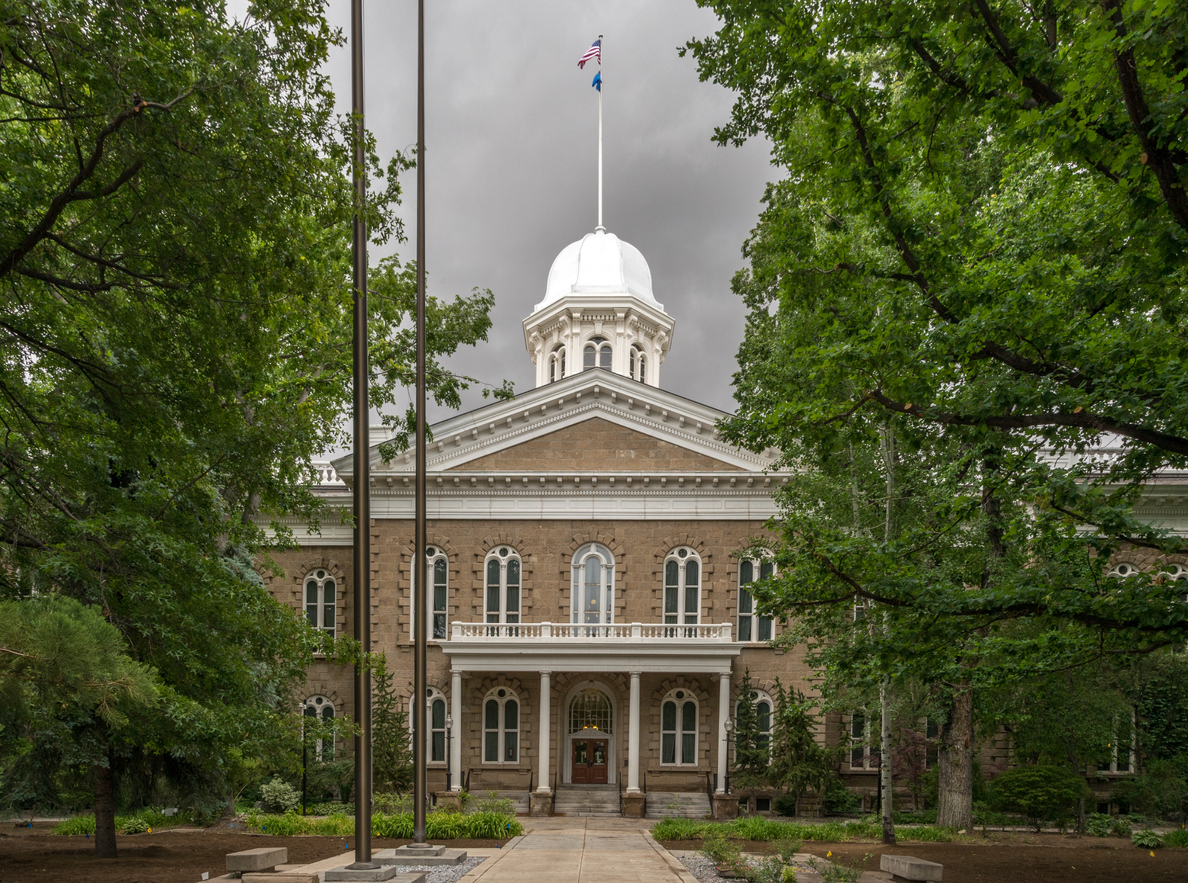
On February 6, 2024, Pennsylvania Governor Josh Shapiro (D) delivered his 2024-25 Budget Address. Shapiro’s 2024 budget aims to provide tangible benefits for state citizens and their future. The Shapiro-Davis budget proposal aims to capitalize on the Commonwealth’s $14 billion surplus to fund critical initiatives without raising taxes, targeting an $11 billion surplus by the end of the fiscal year. The balanced budget proposal seeks to build healthier, secure communities while fostering growth and competitiveness by targeting areas such as public and higher education, workforce and economic development, healthcare, agriculture, generational wealth, public transit, tax cuts, law enforcement, and public safety. Governor Shapiro anticipates bipartisan cooperation with the General Assembly to address pressing issues responsibly.
Affordable Living
Governor Shapiro aims to enhance affordability in Pennsylvania by addressing minimum wage disparities, supporting families with childcare costs, tackling housing challenges, and reducing medical debt. He emphasized raising the state’s minimum wage to remain competitive and bolster workforce retention. He also proposed investments to support the childcare sector and ease costs for working families, focusing on expanding the Pennsylvania Child and Dependent Care Enhancement Tax Credit. Additionally, the budget plans to address critical housing needs with $50 million for the Whole Home Repairs program and increase PHARE funding by $10 million annually for four years to support property rehabilitation and construction. Healthcare access remains a priority, with a $50 million investment to sustain Pennie insurance and mitigate coverage loss, alongside $4 million initiatives to reduce medical debt for low-income residents and prevent excessive medical debt accumulation.
Criminal Justice System Reform
Governor Shapiro aims to create opportunities for individuals who have served their sentences and are working to rebuild their lives. His budget proposal called for a fairer criminal justice system by allocating $5 million for eviction case legal counsel, $5 million to decrease solitary confinement use, $4 million for probation reform to cut recidivism, and $2.5 million for enhancing indigent defense services. Additionally, the budget includes $239,000 to improve the well-being of staff, enabling safer and more secure correctional facilities, thus helping staff cope better with the challenges of their jobs.
Economic Development and Prosperity
In collaboration with the Department of Community and Economic Development, Governor Shapiro’s economic development strategy aims to bolster Pennsylvania’s business environment and economic prospects with a $600 million investment over ten years. The investment includes $500 million for PA SITES funding to develop commercial and industrial sites, $25 million for the Main Street Matters program supporting small businesses, $20 million for innovation, and $3.5 million for the Pennsylvania Regional Economic Competitiveness Challenge. Additionally, Shapiro prioritized workforce development, energy competitiveness, and public transportation improvements allocating funds for job training skills-based hiring practices and increasing state transit funding by $282.8 million. This increased funding will attract new companies to Pennsylvania and facilitate commuting and business activities. Governor Shapiro also allocated $10.3 million for innovation to support and attract new agricultural businesses, including energy and conservation efforts. Additionally, he designated $5.6 million for dairy protection to reform the Dairy Margin Coverage Protections for dairy farmers from harmful price fluctuations. His budget also proposed legalizing adult-use cannabis, anticipating $250 million in additional revenue for the Commonwealth while emphasizing restorative justice initiatives and local business support.
Educational Excellence
Governor Shapiro’s education plan emphasized equitable funding, with a significant increase in basic education funding, targeting districts with the greatest need to improve educational opportunities and outcomes across Pennsylvania. The proposed budget includes nearly $1.1 billion for basic education, with $900 million directed according to the BEFC recommendations and $200 million through the Basic Education Funding Formula. The budget proposal will allocate $50 million for special education funding to support students with disabilities and an additional $50 million for school safety and security enhancements, with $300 million designated for environmental repairs in school buildings. The plan also aims to modernize school facilities, improve access to healthy meals, enhance mental health services, and offer post-graduation options for students. These investments target safe, healthy learning environments and aim to address staff shortages, particularly in schools serving disadvantaged students, through educator recruitment and training programs. An allocation of $15 million will also support student-teacher stipends to increase the number of certified educators in Pennsylvania classrooms.
Environment & Natural Resources Conservation
Governor Shapiro plans to safeguard Pennsylvania’s environment and natural resources by supporting environmental innovation and monitoring, enhancing public lands, and engaging a new generation in service. The budget includes allocating $11 million to cap abandoned wells, address climate change, and ensure environmental sustainability. Additionally, investments in outdoor recreation in rural areas, like $8.5 million to improve and expand the state’s trail system and $5 million for the Outdoor Corps to enhance natural habitats and trails, will stimulate and boost tourism, public health, and local economies while providing job opportunities and valuable skills to Pennsylvanians.
Healthcare Accessibility
Governor Shapiro’s plan prioritized healthcare access with a $50 million investment to sustain Pennie insurance and prevent coverage loss. He addressed the shortage of direct support professionals for individuals with intellectual disabilities or autism with a $215 million allocation for home and community-based services. Acknowledging the significance of women’s reproductive health, affordable access to services and products, and the autonomy to make decisions about their bodies, the budget will enhance support for family planning services and allocate $3 million to supply menstrual hygiene products in schools, ensuring women have more choices and assistance and students have the necessary tools for success. For seniors, $13.6 million in investments will establish an Alzheimer’s Division, promote inclusivity and accessibility, support caregivers, address disparities, and foster a resilient and compassionate community, potentially reducing reliance on government-funded healthcare and long-term services and supports. Mental health initiatives include $100 million for K-12 school resources, $20 million for community-based services, and $10 million for the 988 crisis line operations to destigmatize mental health issues and provide accessible support.
New Higher Education System to Transition Students into the Workforce
Governor Shapiro aims to reform Pennsylvania’s higher education system, enabling students to pursue further education and enter the workforce with minimal debt, promoting economic growth in the Commonwealth. His proposal combines community colleges and PASSHE schools, increasing funding by 15% to enhance competitiveness and workforce development. This plan will prioritize innovation, transparency, and responsiveness to address workforce shortages and prepare students for future careers. A $975 million investment will support the new governance system, with institutional support for state-related universities boosted by 5%. Accessibility and affordability remain the two most significant obstacles for postsecondary students; Governor Shapiro plans to tackle student debt by proposing increased financial aid, ensuring that they pay no more than $1,000 in tuition and fees per semester, and raising PHEAA state grants by $1,000 starting in the next fiscal year.
Public Safety and Violence Prevention
Governor Shapiro’s agenda includes combating gun violence, strengthening the State Police, and supporting first responders and emergency services to ensure community safety, particularly in rural areas. The proposed $100 million investment aims to reduce gun violence by funding violence intervention and prevention programs, supporting gun violence investigation and prosecution, enhancing security measures for vulnerable community spaces, improving firearm injury prevention programs, and establishing after-school learning opportunities. Additionally, the budget aims to address staffing shortages in law enforcement, allocating $16 million to create new State Police cadet classes. Recognizing the vital role of emergency medical services and firefighters, Shapiro proposed a $30 million increase in funding to provide equipment, facility upgrades, and recruitment efforts to ensure first responders have the necessary resources to serve and protect Pennsylvania communities effectively.
Latest News
The South Carolina State House in Columbia. HDR. On January 24, 2024, South Carolina Governor Henry McMaster (R) delivered his State of the State Address, emphasizing bold action and outlining priorities for South Carolina’s future. [...]
Photo credit: iStock.com/Brian Logan On January 9, 2024, New York Governor Kathy Hochul (D) delivered her State of the State Address, introducing 204 initiatives to improve the state’s affordability, livability, and safety. Emphasizing crime reduction, [...]
Photo credit: iStock.com/devdogg On January 8, 2024, Idaho Governor Brad Little (R) delivered his State of the State Address. During the address, Little emphasized a commitment to IDAHO WORKS, a plan to sustain and enhance [...]
Photo credit: iStock.com/Rex_Wholster Newly elected in the 2022 general election, Nevada Governor Joe Lombardo (R) took the oath of office on January 2, 2023. On January 23, 2023, Lombardo delivered his State of the State [...]






Stay In Touch